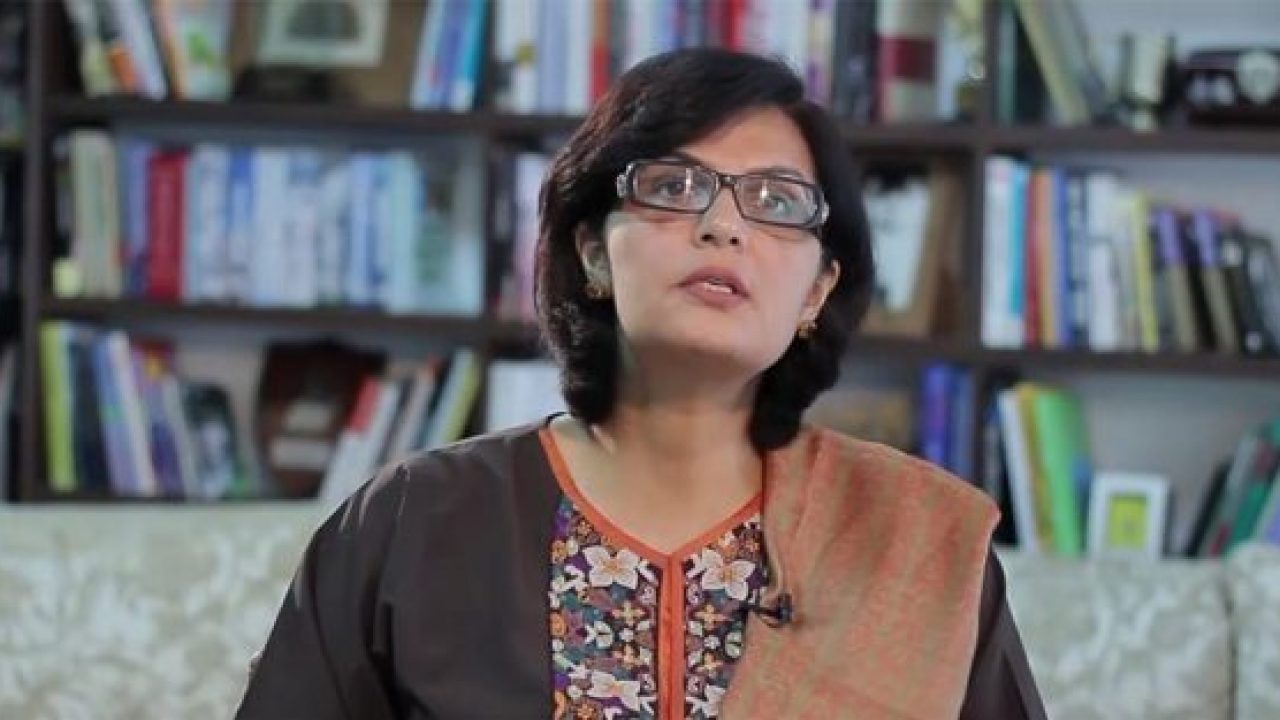Islamabad , JAN 06 : Ehsaas has successfully accomplished a countrywide National Socio-economic Registry Survey which includes households’ information in terms of geographic data, demographics, socio-economic status, education, health, disability, employment, energy consumption, assets, communications, agri-landholdings, WASH, livestock etc. To celebrate the achievement of this milestone, Ehsaas hosted a launch event in Islamabad. Senator Dr. Sania Nishtar, SAPM chaired the ceremony.
Najy Benhassine, Country Director the World Bank, Julien Harneis, Resident Coordinator UNRC, Secretary Ismat Tahira, and senior representatives of Government Departments, Asian Development Bank, development partners and media officials joined the event. Director General Naveed Akbar outlined the design, end to end digital methodology, approaches and rigorous transparency measures embedded in the execution of survey.
In her opening remarks, Dr. Sania said, “Part of Ehsaas strategy, we have just concluded a new National Socioeconomic Registry of 34.41 million households. We did various validations of the data to precisely identify the real poor. With the readiness of survey, we are now transiting from static to dynamic registry to make it more targeting efficient and to avoid possible inclusion and exclusion errors occurred due to continuous change in socio-economic status of the households especially due to demographic change. Tehsil level Ehsaas Registration Desks have also been opened all over the country to keep the national socio-economic registry dynamic. Further, the registry will be regularly updated every four years.”
She then added, “I congratulate Ehsaas team on successful completion of survey. This is great achievement as despite COVID-19, this survey has been completed after a lag of ten years.”
Speaking on the occasion, Country Director World Bank said, “I congratulate Government of Pakistan and Ehsaas on achieving this historical milestone. The World Bank feels proud to be the technical partner in this game changer survey. This is not just Pakistan’s but also South Asia’s first digitally enabled socio-economic census. It will be really transformative that the registry will now facilitate data sharing for social protection programs of federal government, provinces, government departments and development agencies.”

















